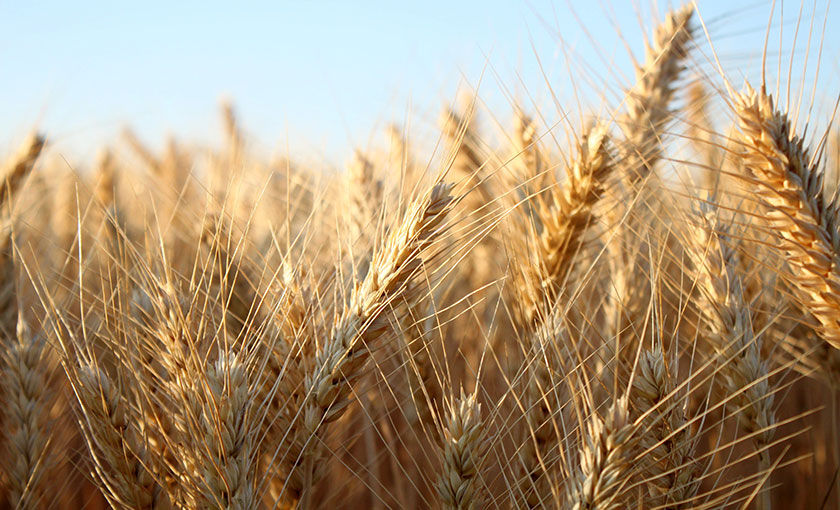ANTI-dumping and countervailing duties imposed by China on Australian barley are set to be challenged in the World Trade Organization.
Trade minister Simon Birmingham said the government had made this decision after extensive consultation with the grains.
“Whilst Australia respects China’s right, as with any nation, to undertake domestic investigations into anti-dumping matters, we do not agree with China’s decision to impose anti-dumping and countervailing duties on Australian barley,” Senator Birmingham said.
“Australia’s decision to take this step is consistent with our previous use of WTO processes.
“We have continued to raise our concerns with China on numerous occasions both bilaterally and through the relevant WTO Committees.”
Senator Birmingham said they were “disappointed that China has not engaged with Australia to address these concerns and now believe that calling in the independent umpire is the most appropriate course of action to resolve this dispute”.
“We will now engage in formal WTO consultations with China with a view to resolving the disagreement before the matter proceeds to adjudication before a panel,” he said.
“We stand ready to work with China at any stage to resolve this issue in a cooperative manner, as we have previously done with other nations.”
Agriculture minister David Littleproud said Australian barley growers deserved to have their case adjudicated by the independent umpire.
“Australia has always supported a rules-based trading system, we will always treat our trading partners fairly but we will also stand up for the rights and interests of Australian exporters,” he said.
“We have previously taken action against Canada with respect to the treatment of our wine and achieved a positive outcome and we are currently involved in action against India on sugar.
“I am confident that we will be able to deliver a good outcome for our grains industry.”
Barley is just one point of trade tension between Australia and China, with the two nations also at odds over wine and coal.

